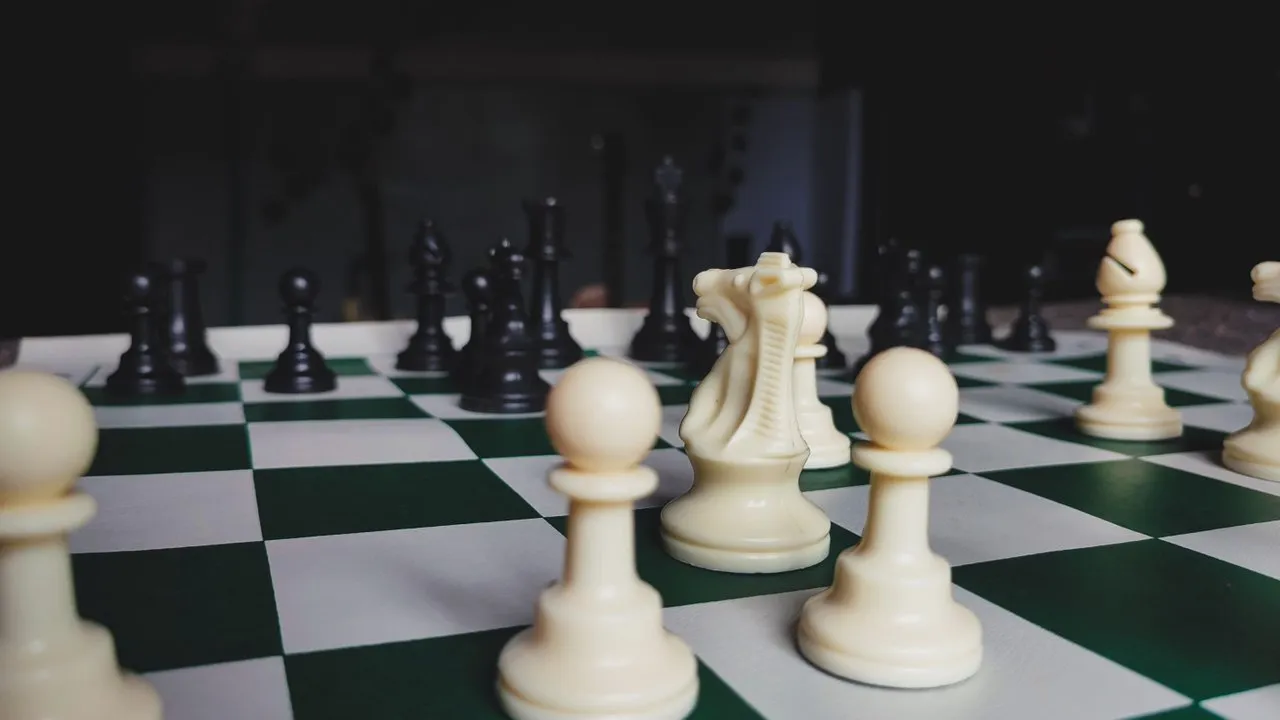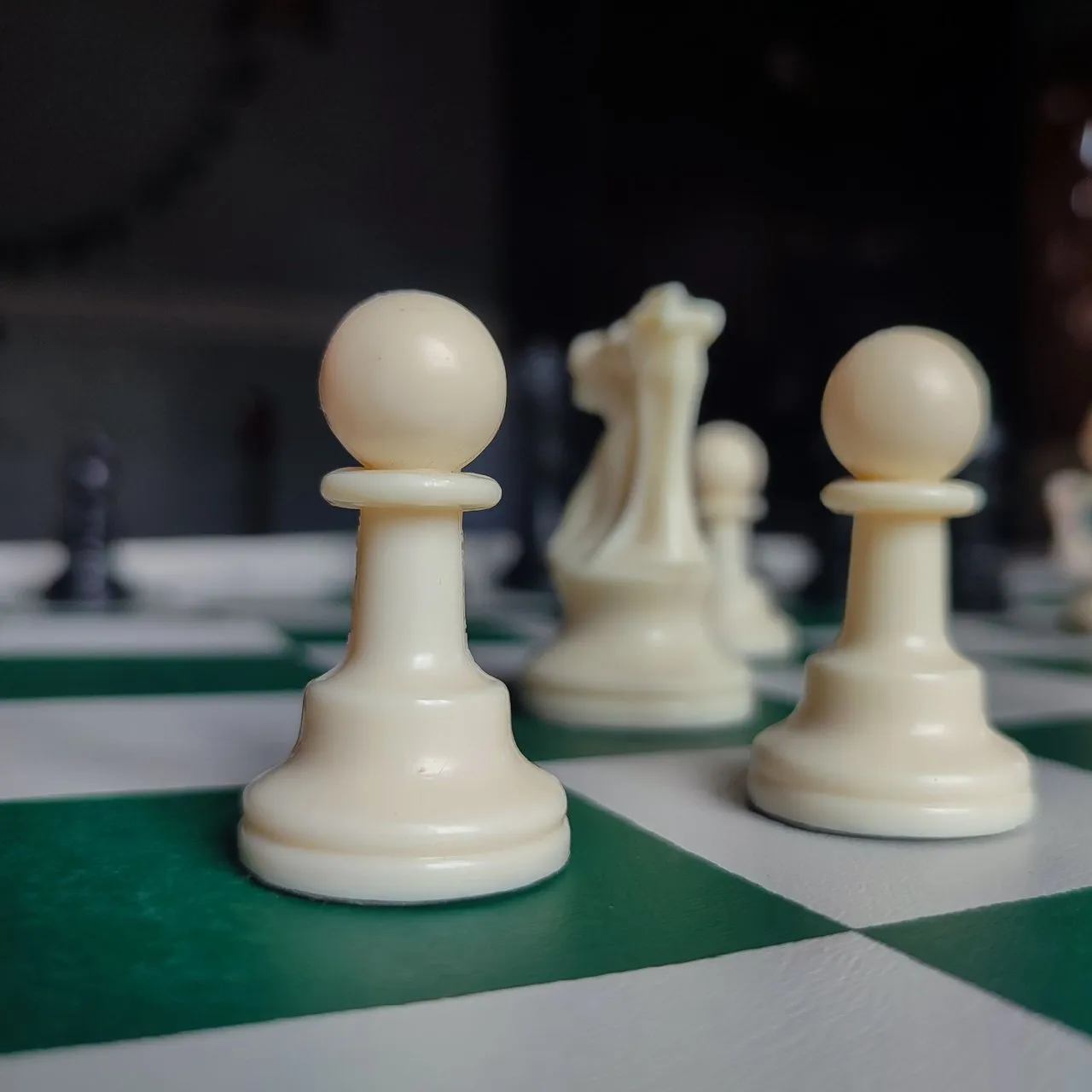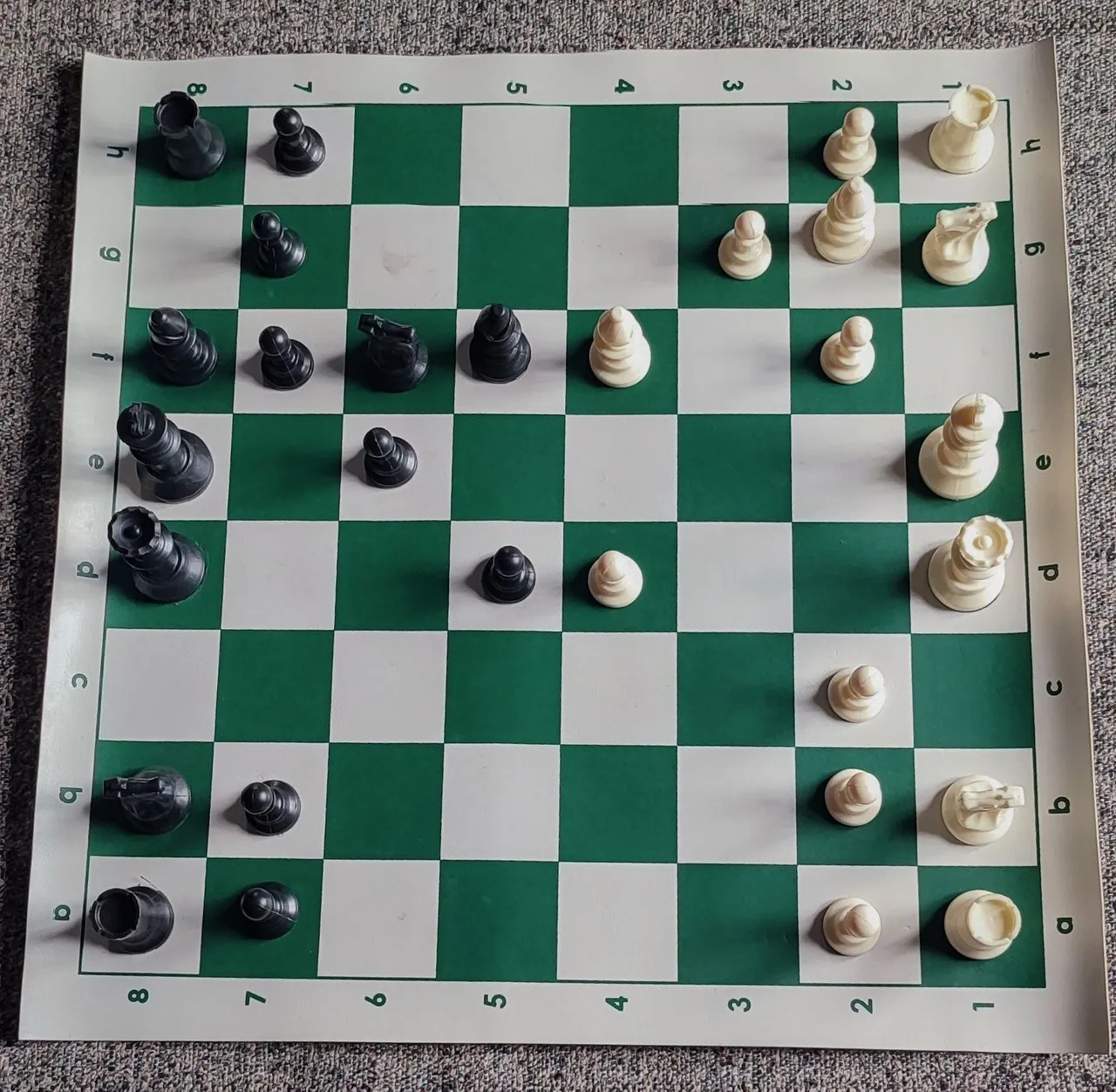There are many advantages to the digital world we live in. Undeniably, we are more efficient now, and there are way more innovations in existence than our ancestors in their time could have imagined. It is worth noting, however, that the same ancestors had lifestyles a little bit different than we do now. One of them is about the game of chess.

I didn't grow up playing chess like the chess prodigies were fortunate to, but from the time I started learning it till now that I have come to fall in love with it, I have learned about many prominent names that became popular mostly because of their impeccable records over time. For some of them, they happened to play some of the best games in history that will forever be studied by many chess beginners and even experts themselves.
I would say that over 90% of the chess matches I have played in my life were with strangers—people that I never saw, heard their voices, or knew where they were from. This is mostly the case with many chess players now, as many of us have become accustomed to playing chess on the internet rather than taking our physical chess boards around and playing with real people that we can see. Many of our ancestors didn't have the internet at that time, so they usually had to step out of their homes to play chess—if they weren't studying chess—unlike people like me, who have the internet to suffice.

In the old days, somehow, that was when most of the greatest games were played. People would go to play in tournaments, sit face-to-face with their opponent on a battlefield made of a board with 64 black and white squares in between them in an environment that was nothing like home, and compete to win. Often times, there would be a lot of people present to witness such games, just like in other sports.
Live and direct, one would see grandmasters go head-on against one another, bringing their best games to the field. The entire battle is in the mind, of course, and only manifests physically on the board, where one would watch and experience these brilliant minds churn out combinations and mind-blowing moves. It is such a time that I wish I could be there for myself and witness as pieces controlled by such grandmasters are moved about in a calculated manner.
The 1972 World Chess Championship is a time in history that I wish I could have experienced. In that year's championship, we had Bobby Fischer defeat the then world champion, Boris Spassky.
The match consisted of 21 games, with Fischer scoring 121/2 and Boris scoring 91/2 in the end. What is phenomenal about the match is that Fischer was American and Boris was Soviet, and Fischer's victory ended the Cold War at that time.

Fischer was known to have quite an eccentric personality, and so the match wasn't exactly smooth as Bobby displayed appalling behaviours, such as demanding certain prizes be placed on the match, stirring up a lot of drama at that time. Reading about it just isn't the same as living in that time and being physically present in the whole aura of it all.
Bobby is late now. He was known and is famous for being one of the strongest chess players to walk the face of the earth. Witnessing such a historical event would be an opportunity to see him in person doing his thing: playing chess.
Games are usually recorded—official ones like those of grandmasters, at least—and one can go over the games and study their moves in their matches, but it's nothing like being there physically with those grandmasters.